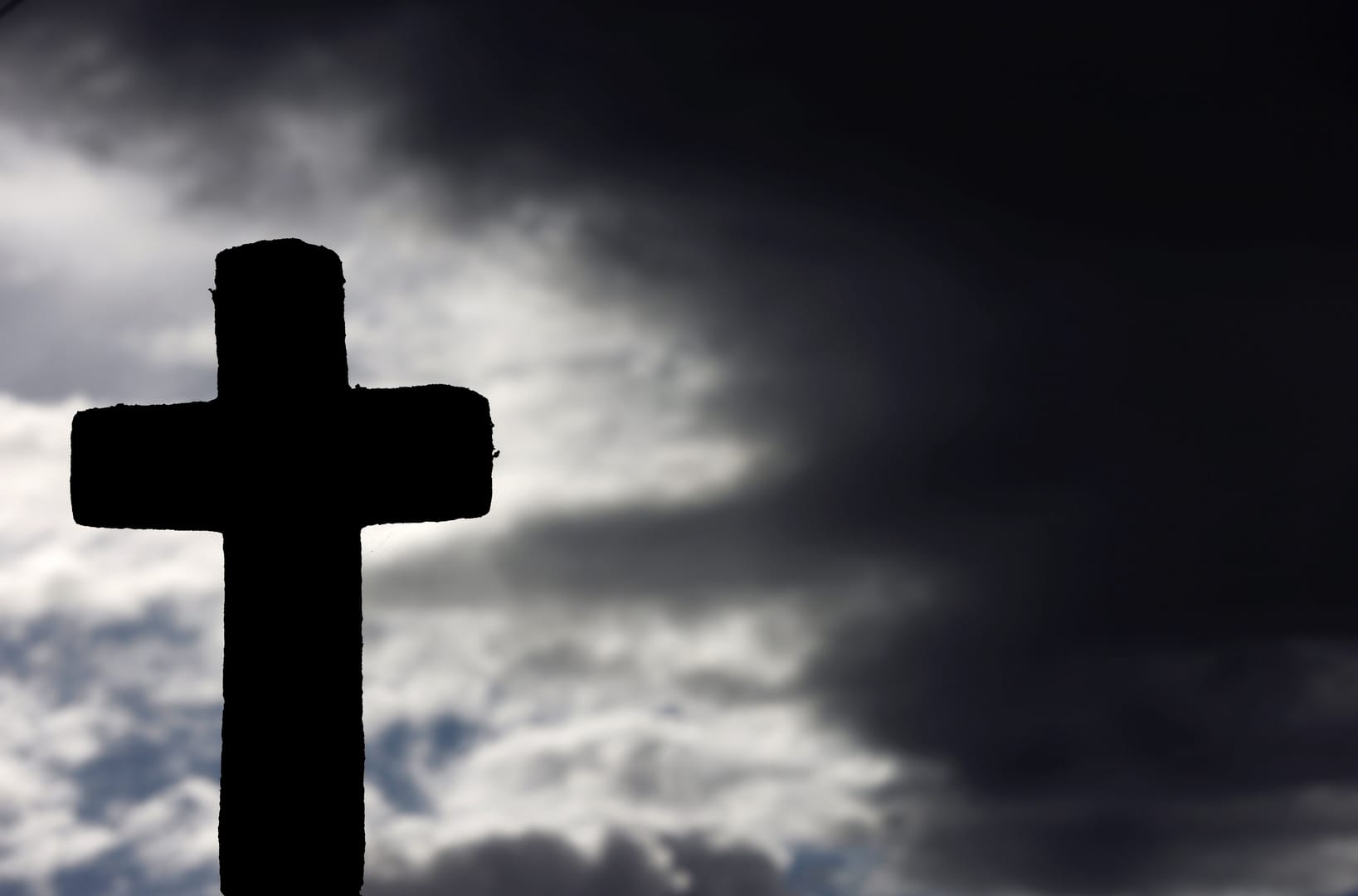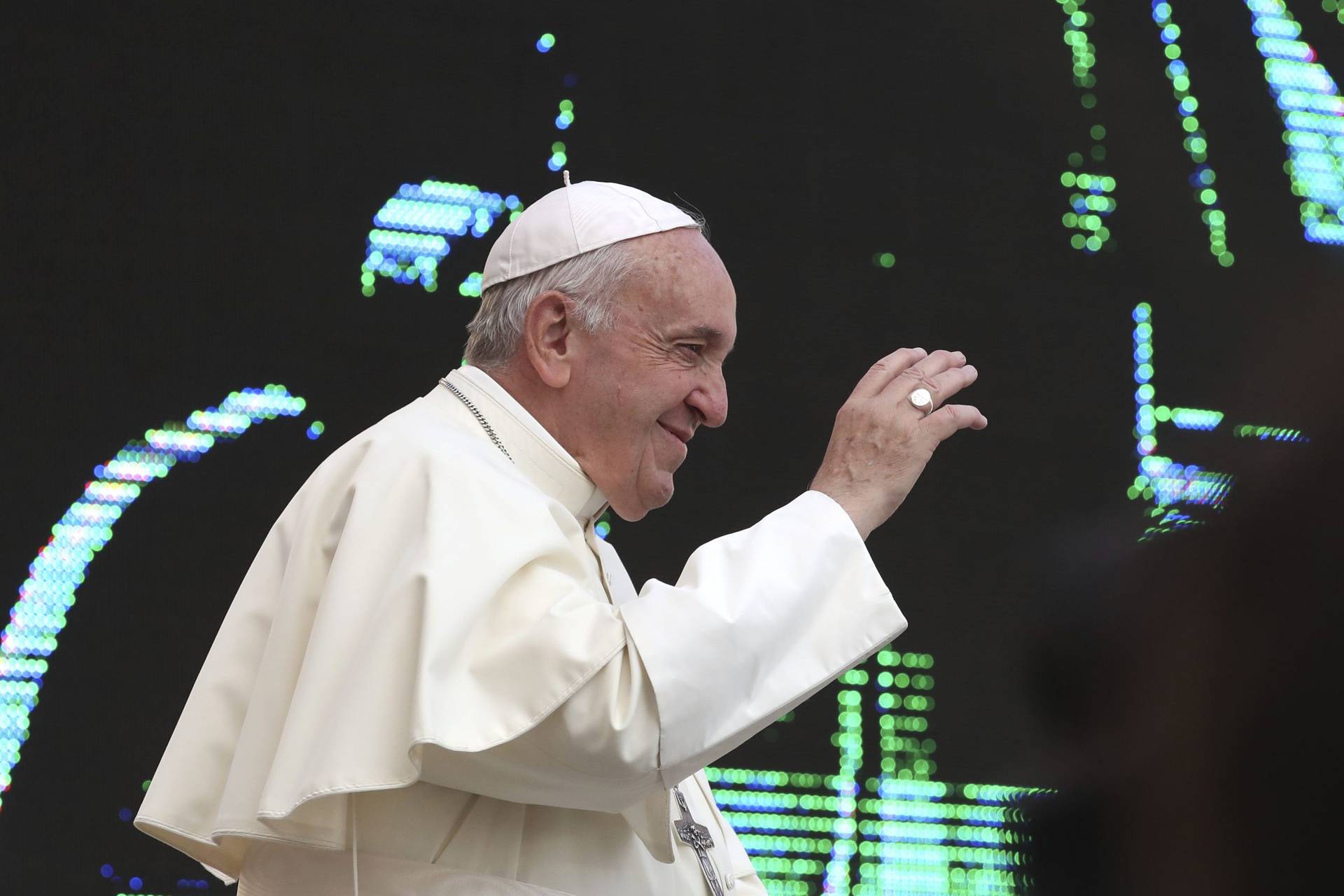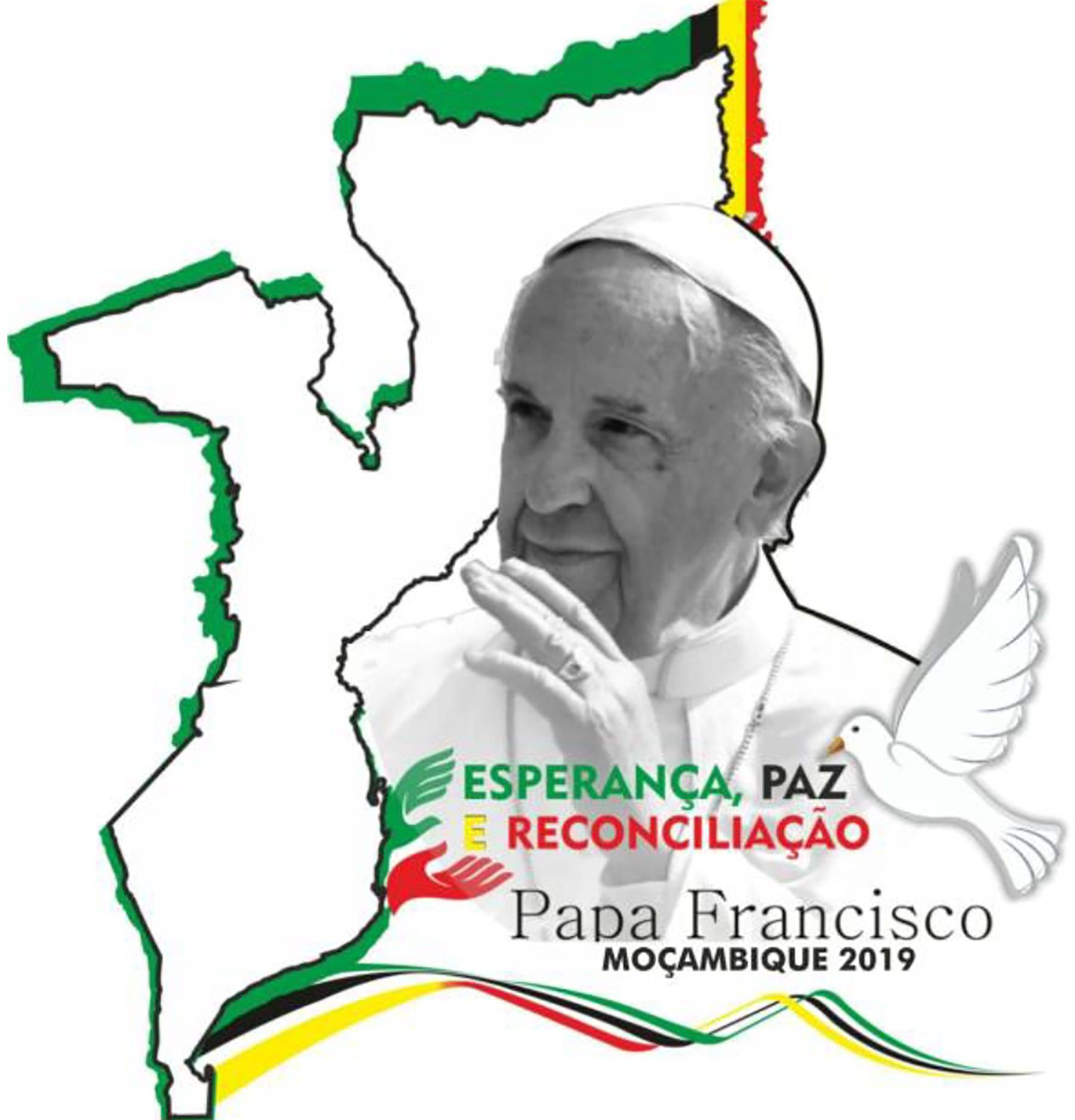HAVANA — Pope Francis was welcomed to Cuba Saturday afternoon by President Raul Castro, who praised the pope’s criticism of unfettered capitalism as well as the thawing of relations with the United States, but also condemned the ongoing US blockade as “immoral.”
For his part, Francis described the improved relationship between the two countries as a hopeful sign and urged the two sides to continue to grow closer.
“For some months now, we have witnessed an event which fills us with hope: the process of normalizing relations between two peoples following years of estrangement,” Francis said in a speech on the tarmac of Jose Marti International Airport.
“I urge political leaders to persevere on this path and to develop all its potentialities as a proof of the high service which they are called to carry out on behalf of the peace and well-being of their peoples, of all America, and as an example of reconciliation for the entire world.”
Castro appeared to agree, saying that “the reestablishment of diplomatic relations has been a first step in the process to a normalization of relations between the two countries.”
“It will help to solve problems and repair injustices,” he said.
However, the Cuban president took a jab at the United States’ ongoing blockade, “which causes human and personal harm, is immoral and illegal. It needs to end.”
Castro also demanded that Guantanamo Bay be returned to Cuba by the American government, saying this is request “most governments and peoples of the world support.”
Francis extended his greetings to Raul’s brother Fidel, with whom Francis is expected to meet as early as Sunday. He also said he wanted his greeting “to embrace especially all those who, for various reasons, I will not be able to meet” — a possible nod to political dissidents as well as ordinary Cubans across the island.
Castro, who welcomed a pope for the second time since Benedict XVI visited the island in 2012, praised Francis’ concern about the environment, saying the world must cease the “predatory action of rich countries and international companies, the … dangers for all of the ending of natural resources and loss of biodiversity.”
And he echoed the pope’s criticism of the excesses of capitalism: “The present international system is immoral and unfair,” he said. “It has globalized capital and made money its idol.”
Castro also talked of sovereignty, calling the use of strength a “thing of the past,” and saying that no nation should interfere in another country’s internal affairs. He also called for nuclear disarmament, saying nuclear weapons are an “affront to ethical and moral principles.”
Regarding religious freedom, an issue Francis is bound to address during the next three days, Castro said it’s a right “protected by the constitution.”
Like the last two popes to visit Cuba, Francis has no meetings with dissidents on his official schedule and his speeches here are being closely watched for their handling of two delicate and related topics: human rights in Cuba and the Church’s freedom to operate in the officially agnostic, communist state.
Francis didn’t explicitly mention human rights in his speech, but said he would pray to Cuba’s patron saint, the Virgin of Charity of El Cobre, “for all her Cuban children and for this beloved nation, that it may travel the paths of justice, peace, liberty, and reconciliation.”
While he made no reference to the Church’s desire to be allowed to operate religious schools and broadcast on state-run television and radio, he said his trip was to help the Church “support and encourage the Cuban people in its hopes and concerns, with the freedom, the means, and the space needed to bring the proclamation of the Kingdom to the existential peripheries of society.”
Earlier in the day, US President Barack Obama and Castro spoke on the phone to discuss the process of normalization between the two countries in advance of Francis’ visit to Cuba and the United States.
Material from the Associated Press was used in this report.















